Open access at Northeastern University London
Open access refers to the practice of making research publications, data and educational materials freely available online without paywalls, subscription fees or other access barriers.
When content is published under open access principles, anyone with an internet connection can read, download and often reuse the material without paying licensing fees. Northeastern University London is committed to open research as a core principle of responsible and inclusive scholarship. We support our researchers in making their work freely accessible, transparent and reusable, in line with national and international best practice.
We facilitate green open access, where authors deposit their accepted manuscripts in our institutional repository, usually after an embargo period. This is our preferred route and does not include any fees.
Access the Northeastern University London Repository.
Guidance for faculty on how to upload outputs to our repository.
We also support gold open access, where the final published version is made freely available immediately via the publisher’s website, often involving an article processing charge (APC). Where possible, we encourage diamond open access, which offers immediate open access with no charges to authors or readers.
Open access is vital to maximising the visibility, reach and impact of research. It is also a requirement for eligibility in the Research Excellence Framework (REF), ensuring that our outputs meet the UK’s standards for open and accessible knowledge.
To comply with the REF OA Policy, please ensure accepted manuscripts are deposited into the repository once you have received formal acceptance for publication, after the manuscript has been peer-reviewed.
Further support on open research is available:
• Northeastern University’s open access publishing agreements – a list of all our open access agreements which pay for article processing charges to enable gold open access publishing.
• Open policy finder – an online tool that provides information about open access policies for journals, publishers and funders, including information on archiving and compliance.
• SciFree – a search tool to help you find out if your chosen journal is included in one of NU’s open access deals.
• A quick guide to open access and Creative Commons licenses.
Research data management
What is research data?
UKRI’s new draft Research Data Management Policy defines research data as, ‘Factual records (such as numerical scores, textual records, sound and image files) resulting from research or used as primary sources for research, and that are commonly accepted in the research community as necessary to validate research findings. This includes data about physical objects (for example specimens, laboratory examples and biological resources such as bacterial cultures or experimental animals)’.
Research data includes diverse materials such as numerical datasets, textual records, images, sounds, code, software, experimental results, survey responses, interview transcripts and any other documented evidence that underpins research outcomes.
What is research data management?
Research data management is the systematic approach to organising, storing, preserving and sharing research data throughout the entire research lifecycle. Good research data management practices should be followed throughout your project and involve planning how data will be collected, documented, stored securely and made accessible for validation, reuse and long-term preservation.
Effective research data management ensures that data is findable, accessible, interoperable and reusable (following FAIR principles), while maintaining appropriate security, privacy and ethical considerations. It includes creating data management plans, implementing proper documentation and metadata standards, ensuring data quality and integrity, and determining appropriate sharing and access protocols.
Why it matters
The systematic management and sharing of research data has many benefits for the research community and public, including:
- increasing the visibility of research and generating citations
- enhancing the scientific reputations of individual researchers, research teams and institutions
- protecting research integrity
- enabling reproducibility
- maximising the value of publicly funded research for society
Northeastern University London Research Data Management Policy
Data management plans
A data management plan is a document that explains how you will share and manage your research data throughout the research project and beyond. It should include concise plans for data management and sharing as part of the research grant proposal, or provide reasons why data sharing is not possible or appropriate. These plans serve as a roadmap for researchers, detailing how data will be collected, organied, stored, preserved, and shared in accordance with best practices and funder requirements. Data management plans demonstrate to funders and collaborators that researchers have a responsible strategy for handling valuable research assets, ensuring data remains accessible, secure and reusable for future research while meeting ethical and legal obligations.
Northeastern University London’s guide to writing research data management plans.


